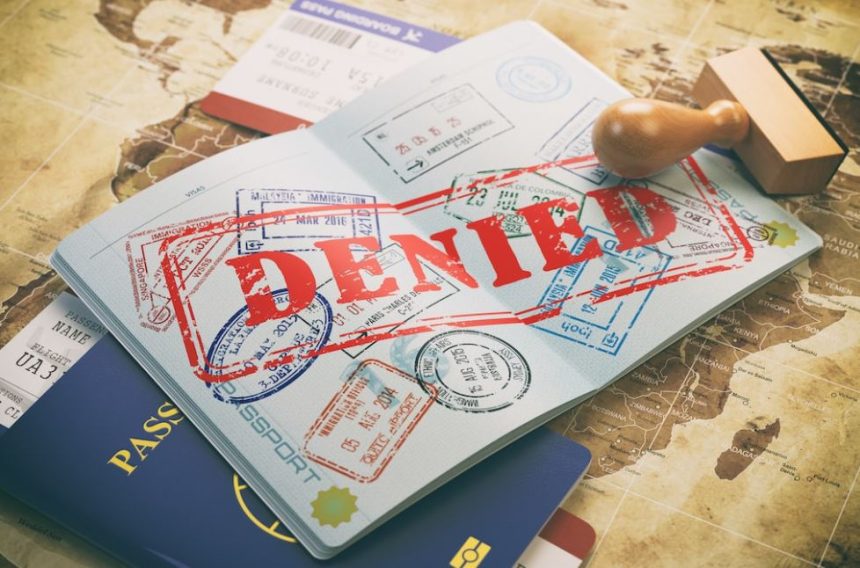Long regarded as a multicultural and welcoming country, Canada recently acknowledged that racism exists in its immigration process, and concern has grown over the high rejection rates for African students.
“I have met people who have had their visas refused more than five times,” says Serge Nouemssi, white coat and pipette in hand.
The 33-year-old biology student, who is originally from Cameroon, has spent more than three years in a lab at the University of Quebec in Trois-Rivieres working on his doctorate (UQTR).
The campus, which is surrounded by vegetation and is midway between Montreal and Quebec City, is home to more than 15,000 students, including 65 percent of international students who are from Africa, the greatest percentage in the province.
But “we have seen rejections of up to 80 percent of applicants coming from Africa,” says the school’s rector, Christian Blanchette, who noted it has been an ongoing problem “for several years.”
In a report quietly released at the end of September, the national immigration department said it “recognizes the presence of racism in Canada and within our own organization.”
Approximately 70% of applicants from French-speaking African countries were turned away from Quebec between 2017 and 2021, according to federal data, making it the Canadian province with the highest rejection rate for African students.
The data indicates that applicants from France, Britain, or Germany are virtually always accepted to study in Quebec, with an approval rate of almost 90%.
‘Absurd’ rejections
African students are required to give financial guarantees in addition to paying tuition, which ranges from Can$17,000 (US$12,750) to Can$19,000 every academic year to study in Quebec and can reach Can$50,000.
“For us Africans, generally they (immigration officials) insist on proof of financial means” to be able to afford to live and study in Canada, explains Nouemssi.
“There are cases where we have demonstrated financial resources that were close to one million dollars,” explains Caroline Turcotte-Brule, an immigration lawyer. “The agent replied that our client did not have enough financial resources.”
“I have the impression that it’s a bit random,” she adds, specifying that the reason for refusal is often the same: “a fear that the person will not return to his country of origin after” his studies.
“It’s a bit of hypocrisy,” said Krishna Gagne, another lawyer who notes that students have the legal right to consider staying in Canada after their studies.
Ottawa has even urged overseas students to enrol in its programmes as it recently introduced incentives to aid with a manpower shortfall.
Imene Fahmi says that it took her two attempts before she was successful in getting accepted to study in Quebec. She is currently sitting at her workstation in a small laboratory at the end of a maze of underground passageways.
“I encountered a lot of difficulties”, explains the Algerian-born doctor, who was refused the first time because the program she’d chosen was “not related to her previous studies,” even though she had been aggressively recruited by her future research director.
She had to apply a second time and wait eight months before finally getting approvals.
“In regards to immigration, there doesn’t seem to be an understanding of the nuances and backgrounds of certain students, so we have refusals which are a bit absurd,” her research supervisor Mathieu Piche says, unable to hide his frustrations.
Refusals and delays have consequences on the students but also “on the work of the teachers,” he adds.
“Systematic racism”
The issue doesn’t just impact pupils. In July, Canada came under fire for refusing to issue visas to hundreds of participants who were scheduled to attend the AIDS 2022 conference in Montreal, including Africans.
The government committed to improving immigration agent training, considering the creation of an ombudsman position to handle disputes, and reviewing its widely criticised case processing software in its report from September.
Those efforts are welcomed by Turcotte-Brule, but she underscores that there has been “a problem of systemic racism for a long time” in Canada and that “it will not be resolved overnight.”





